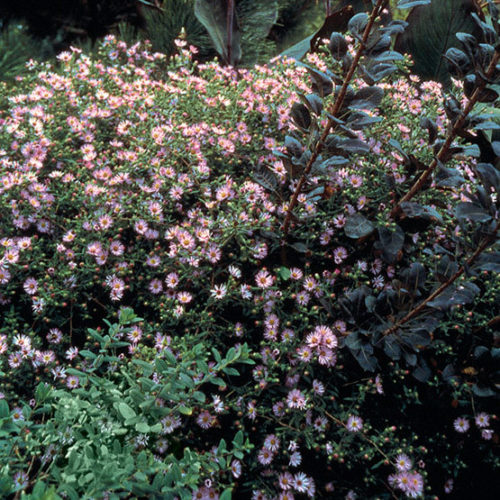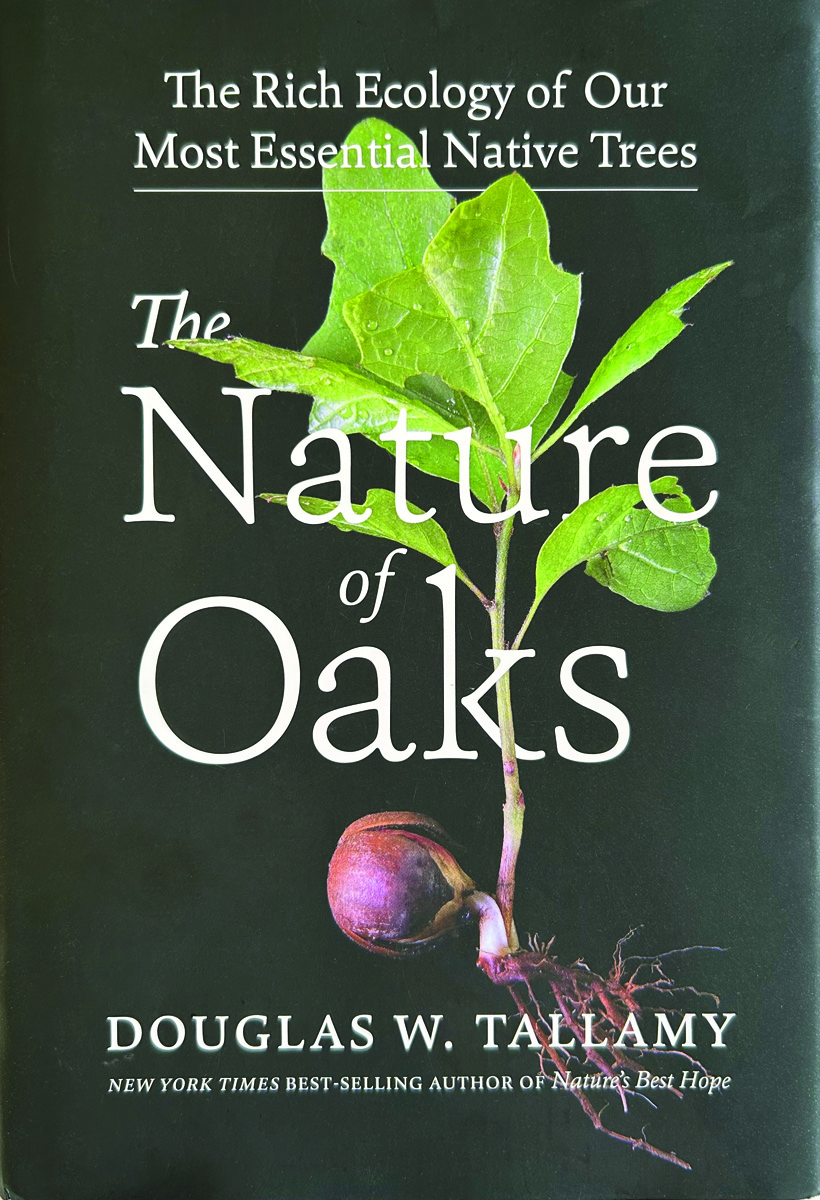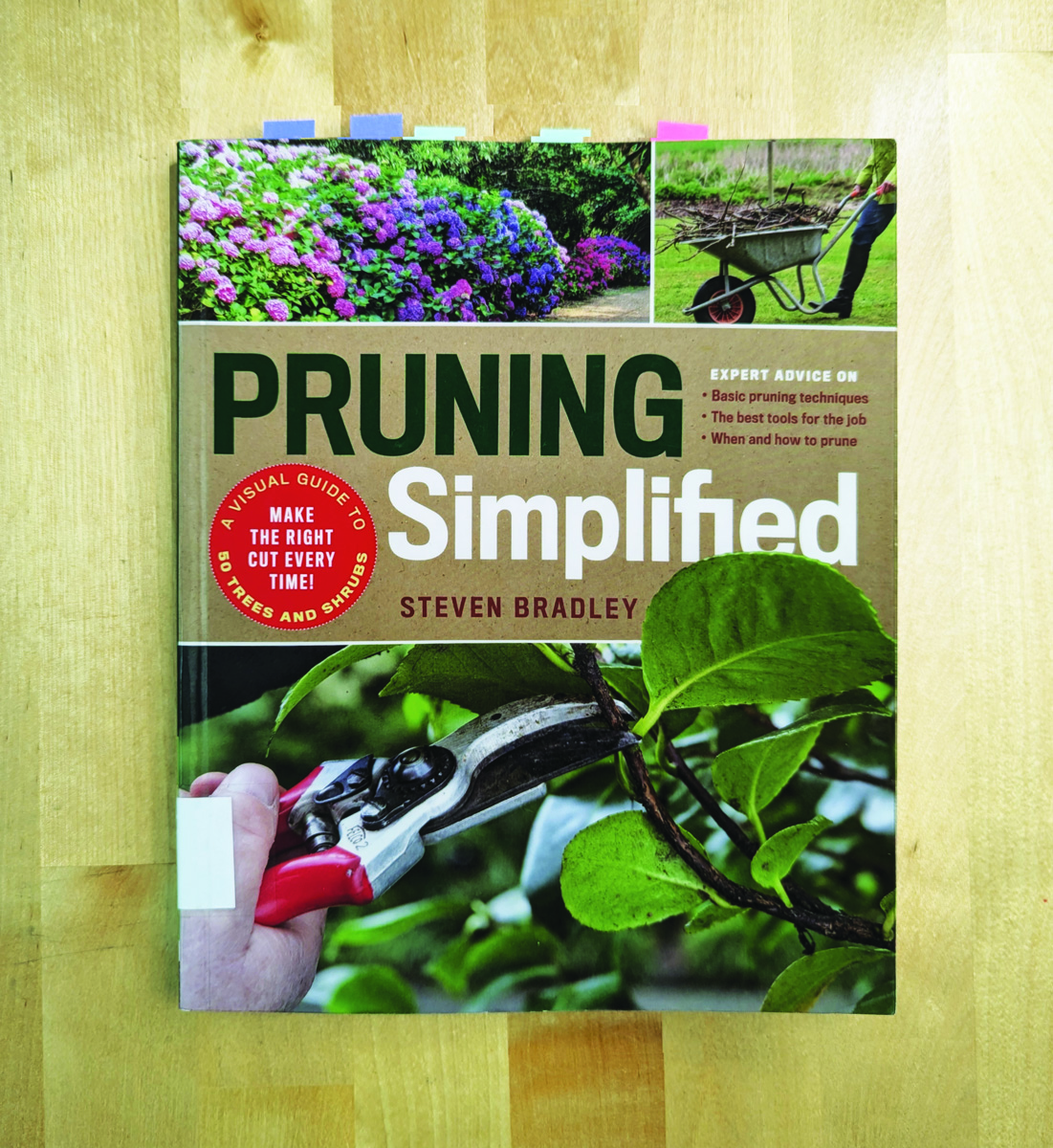
This perennial vine sends out abundant pale purple to lavender flowers beginning in late October. It grows to 4 to 5 feet tall, and frost does not seem to impede the blooms. It can attract bees and butterflies well into November.
To get the best flower display, give climbing aster as much sun as possible. It should also have something to lean on, like a fence, a trellis, or an ornamental shrub. Don't prune it over the winter, no matter how dead it may look. It’s better to wait to tidy up things after the new growth appears in spring.
Noteworthy CharacteristicsSmells wonderful.
CareGrow in well-cultivated, fertile, moist soil in sun or partial shade.
PropagationMost asters require frequent division.
ProblemsAsters are sometimes plagued by fungal diseases. The most common are wilt disease, powdery mildew, and botrytis.
Fine Gardening Recommended Products

The Nature of Oaks: The Rich Ecology of Our Most Essential Native Trees
Fine Gardening receives a commission for items purchased through links on this site, including Amazon Associates and other affiliate advertising programs.

Pruning Simplified: A Step-by-Step Guide to 50 Popular Trees and Shrubs
Fine Gardening receives a commission for items purchased through links on this site, including Amazon Associates and other affiliate advertising programs.

Planting in a Post-Wild World: Designing Plant Communities for Resilient Landscapes
Fine Gardening receives a commission for items purchased through links on this site, including Amazon Associates and other affiliate advertising programs.
- Genus : Aster
- Plant Height : 10 to 15 feet
- Zones : 4, 5, 6, 7, 8
- Bloom Time : Fall
- Plant Seasonal Interest : Fall Interest
- Characteristics : Fragrant Flowers
- Light : Full Sun to Partial Shade
- Moisture : Medium Moisture
- Plant Type : Perennials
- Flower Color : Pink
Plant Characteristics are only available to Fine Gardening members
Sign up for a free trial and get instant access to our complete plant guide as well as our entire collection of articles and videos.



























